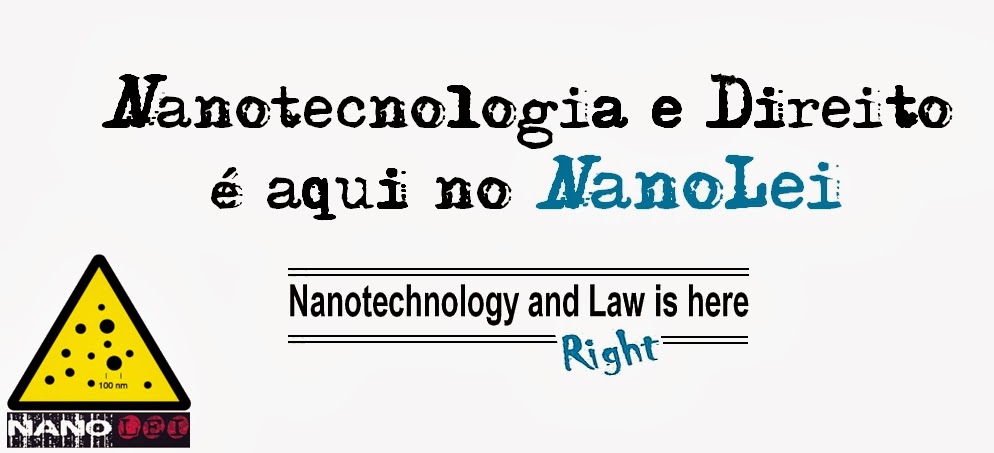
Development of more efficient and cost-effective solar cells is high on the EU agenda. Helping drive this effort is the SCALENANO ('Development and scale-up of nanostructured-based materials and processes for low-cost high-efficiency chalcogenide-based photovoltaics') project, which has clinched more than EUR 7.5 million under the 'Energy' Theme of the EU's Seventh Framework Programme (FP7) to make efficient and cheaper solar cells a reality.
Led by the Catalonia Institute for Energy Research in Spain, the SCALENANO project partners are developing and scaling up new processes based on nanostructured materials to generate high efficiency and cheaper photovoltaic devices and modules that comply with mass production requirements. The SCALENANO team comprises experts from France, Germany, Hungary, Italy, Luxembourg, Switzerland and the United Kingdom.
By today's standards, the production of solar cells, the 'power generators' inside solar panels, can burn holes in many pockets. However, researchers and industry recognise the significance of making photovoltaic devices, as they can convert light energy from the Sun into electrical energy for personal and corporate use.
Solar energy can also help Europeans mitigate the use of nuclear fuel and oil. Efforts to secure alternative ways to power up the region keep intensifying following recent disasters like the Fukushima nuclear crisis in Japan. Germany's decision to start decommissioning nuclear power plants within the next 10 years is also compelling researchers to look for alternative options.
It should be noted that investing in the development of more efficient solar panels could help put Europe at the forefront of this field.
Dr Phillip Dale, head of the Electrodeposition Group under the Laboratory of Photovoltaics at the University of Luxembourg, says: 'Our main objective is to develop low-cost and efficient solar cell technology. Increasing the competitiveness of this technology will bring the cost down for everyone, which will eventually allow solar technology to reach the masses.'
The University of Luxembourg's contribution to SCALENANO is the use of sophisticated research tools to specifically examine ways to optimise the process of combining and baking the chemicals, to create the required solar cell materials. A rapid thermal annealing furnace is being used for this. According to the Luxembourg team, cutting the time needed for baking means less energy will be used, and in turn this will decrease the cost of manufacturing solar cells.
SCALENANO got off the ground earlier this year and will end in 2015. 'We are excited to get started and are confident we have the tools and the capacity to significantly contribute,' Dr Dale says. 'We look forward to collaborating well with our research partners.'
The SCALENANO team says the findings of their project will benefit future work making energy sustainable.
Contact person:For more information, please visit:
SCALENANO:
http://www.scalenano.eu/
Catalonia Institute for Energy Research:
http://www.irec.cat/index.php/en
University of Luxembourg:
http://wwwen.uni.lu/
Remarks:
Category:Projects
Data Source Provider:University of Luxembourg
Document of reference:Based on information from the University of Luxembourg and the SCALENANO project
Subject index:Coordination, Cooperation,Environmental Protection,Energy Saving,Renewable Sources of Energy,Scientific Research
Programme Acronym: MS-FR C , MS-D C , MS-I C , MS-L C , MS-UK C , FP7-ENERGY
Related News: 'Cling-film' solar cells promise new age of renewable energy
Fonte: Cordis
